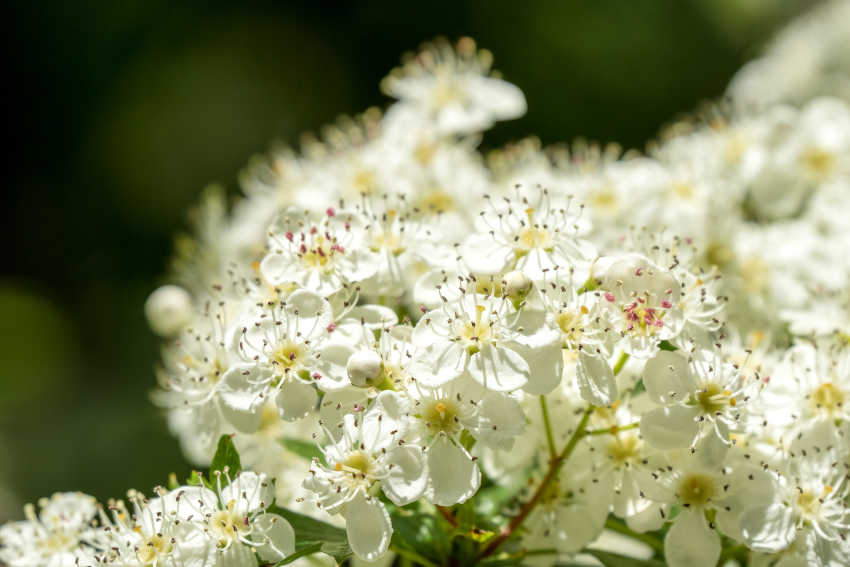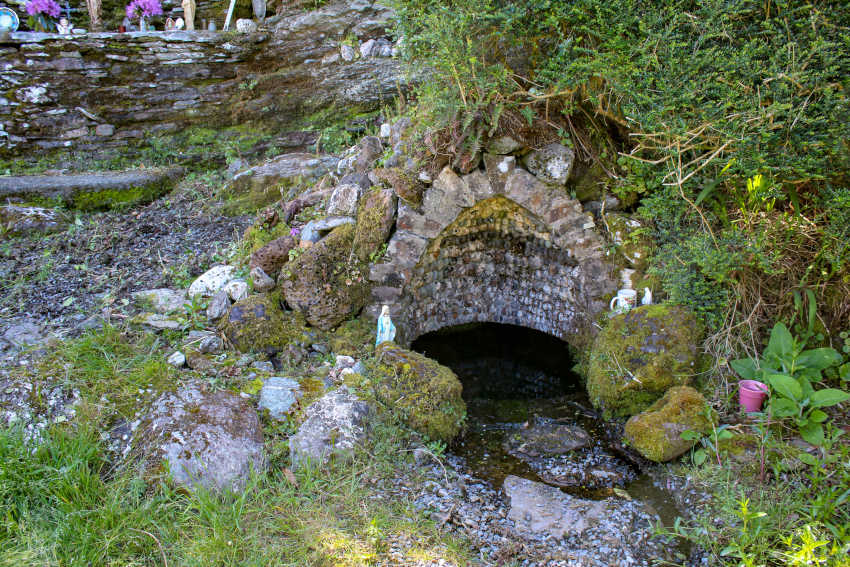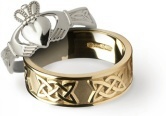Blog Categories
Blog CategoriesBealtaine - 'Bright Fire' - One of Irelands Oldest Traditions
 |
| Hawthorn (May Tree) |
Water, fire, light and luck... Bealtaine - one of the oldest traditions in Ireland, represents both the Christian and pagan heritage of Ireland. It's mentioned in some of the earliest Irish literature and it is associated with important events in Irish mythology.
Seen as the start of the Celtic summer and celebrated in the month of May, there were many rituals seen to bring good luck to households, using all the elements. Bealtaine means 'bright fire' and many people often cultivated and planted trees as the new season was said to encourage nature to flourish during this time.
Fires are often the most evocative way that ancient traditions are celebrated and Bealtaine is no different. There were many rituals around bonfires and in some places people would walk around their bonfire and leap over the flames. The symbolism was to burn and cleanse influences that were seen as destructive, marking a new beginning to the year on the farm.
There was often a practical reason for some of these festivals and Bealtaine is no different as it marked the return of the light. Having these moments in the calendar gave reassurance and a reminder to farmers when to reap and when to sow.
Aside from the farmyard fire tradition, Bealtaine also celebrated flowers and nature and was and still is a time that people went around collecting the flowers of the hawthorn, also known as the whitethorn or the May tree. The hawthorn helps to open the heart to love and bestow courage onto those who feel vulnerable. In some parts of Ireland people would make a May bush, typically from a thorn bush and decorate it with flowers, ribbons and shells.
 |
| Holy Well in Cork, Ireland |
Bealtaine was a time to visit holy wells and this tradition still continues in many places. Bealtaine dew was said to bring beauty and maintain youthfulness. Yellow and white flowers such as primrose, hawthorn, rowan, gorse, hazel and marigold were also traditionally placed at doorways and windows.
In the 19th century, a folklorist Alexander Carmichael collected a poignant song called Am Beannachadh Bealltain ("The Bealtaine Blessing")
Beannaich, a Thrianailt fhioir nach gann, (Bless, O Threefold true and bountiful,)
Mi fein, mo cheile agus mo chlann, (Myself, my spouse and my children,)
Mo chlann mhaoth's am mathair chaomh 'n an ceann, (My tender children and their beloved mother at their head,)
Air chlar chubhr nan raon, air airidh chaon nam beann, (On the fragrant plain, at the gay mountain sheiling,)
